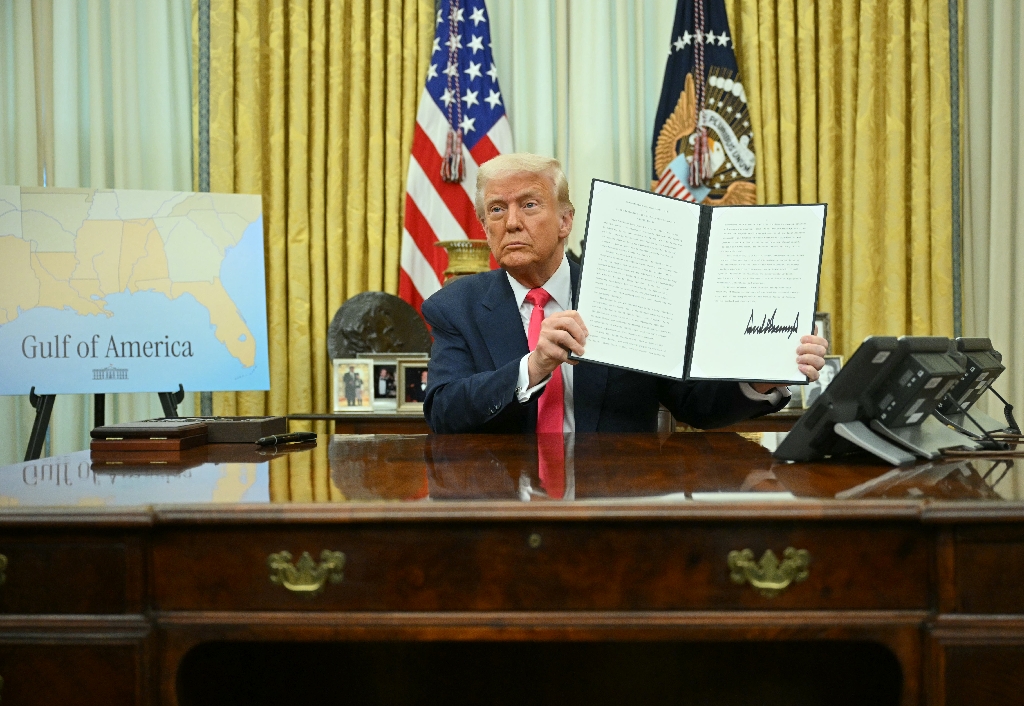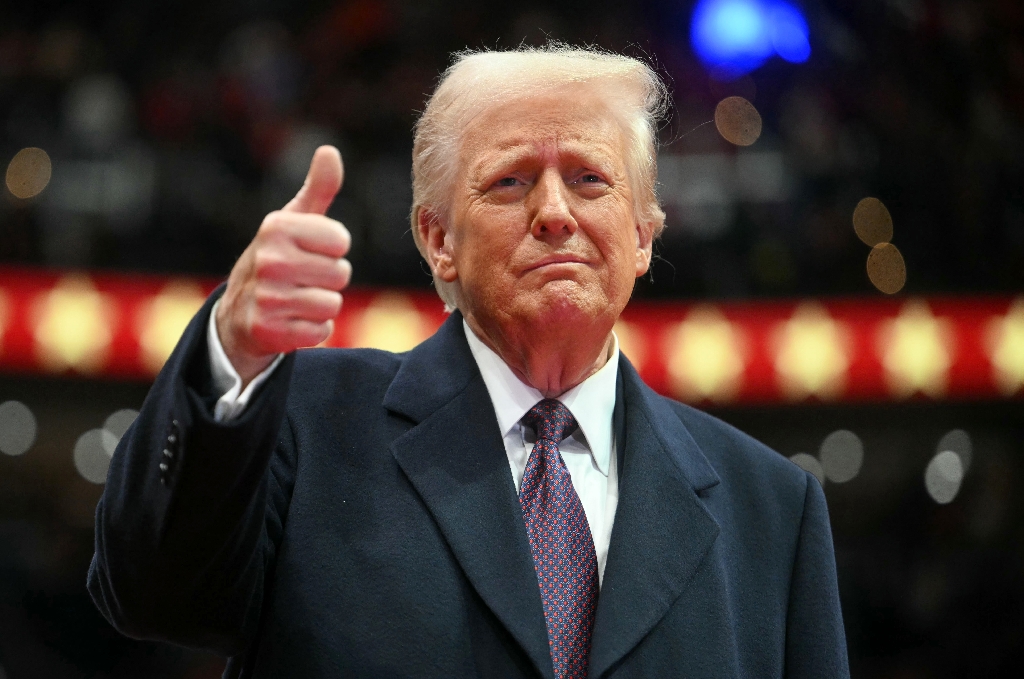Washington (AFP) – China remains the main threat to the United States globally, but of increasing concern is its closer cooperation with Russia, Iran, and North Korea, said an annual US intelligence report released Tuesday. China’s rise in all areas of power has been identified for years by the US as its main threat and was behind Barack Obama’s strategic Asia-Pacific pivot.
Beijing’s “coercive pressure” against Taiwan and “wide-ranging cyber operations against US targets” were indicators of its growing threat to US national security, said the Annual Threat Assessment by the intelligence community. “China presents the most comprehensive and robust military threat to US national security,” the report stated. It noted that Beijing was also making “steady” progress towards having the ability to seize the self-ruled island of Taiwan.
The report, which compiles assessments from US intelligence agencies, warned that Beijing would keep expanding its “coercive and subversive malign influence activities” to weaken the US both internally and globally. The Chinese government would seek to counter what it perceives as a “US-led campaign to tarnish Beijing’s global relations and overthrow” the Chinese Communist Party, the report said.
Beijing’s military is gearing up to challenge US operations in the Pacific, “making steady but uneven progress on capabilities it would use in an attempt to seize Taiwan,” it assessed. However, it indicated that the Chinese leadership would seek to reduce tensions with the United States as it strives to “protect its core interests and buy time to strengthen its position.” The report noted that China was more “cautious” than Russia, Iran, and North Korea—other key US adversaries—about appearing “too aggressive and disruptive.”
The autocratic style of President Xi Jinping—China’s most powerful leader since Mao Zedong—was affecting the country’s ability to respond to challenges, the report found. “Xi’s focus on security and stability and securing other leaders’ personal loyalty to him is undermining China’s ability to solve complex domestic problems and will impede Beijing’s global leverage,” it highlighted. In response, Beijing called the report “biased,” accusing it of “exaggerating the China threat.” Chinese foreign ministry spokesman Guo Jiakun stated during a regular press briefing, “The US publishes these kinds of irresponsible and biased reports year after year. We have no intention of surpassing anyone or replacing anyone,” he added on Wednesday.
US Director of National Intelligence Tulsi Gabbard told a Senate hearing Tuesday that “China is our most capable strategic competitor” based on current intelligence.
In addition to China, the assessment analyzed threats to the United States posed by Russia, North Korea, Iran, and “non-state transnational criminals,” including Mexican drug cartels and Muslim extremist groups. It warned that countries grouped under the acronym CRINK—China, Russia, Iran, and North Korea—were stepping up cooperation, which could pose new challenges to US power on a global scale. “This alignment increases the chances of US tensions or conflict with any one of these adversaries drawing in another,” it stated.
However, it characterized their cooperation as “uneven and primarily motivated by a common interest in…weakening US power,” moderated by a “desire to control escalation.” Within that group, cooperation between China and Russia posed the greatest and “most persistent” threat to the US. The allies have drawn closer since Russia’s full-scale invasion of Ukraine in 2022 and the subsequent Western attempts to isolate Moscow.
The war and Western sanctions have made Moscow “a catalyst for the evolving ties,” the report noted, as it becomes increasingly reliant on other countries. Moscow has stepped up cooperation with Iran to acquire drones and with North Korea for supplies and troops, all to be used in Ukraine. The conflict has afforded Moscow an array of lessons in battling Western weapons and intelligence. “This experience probably will challenge future US defense planning, including against other adversaries with whom Moscow is sharing those lessons learned,” the report concluded.
© 2024 AFP




